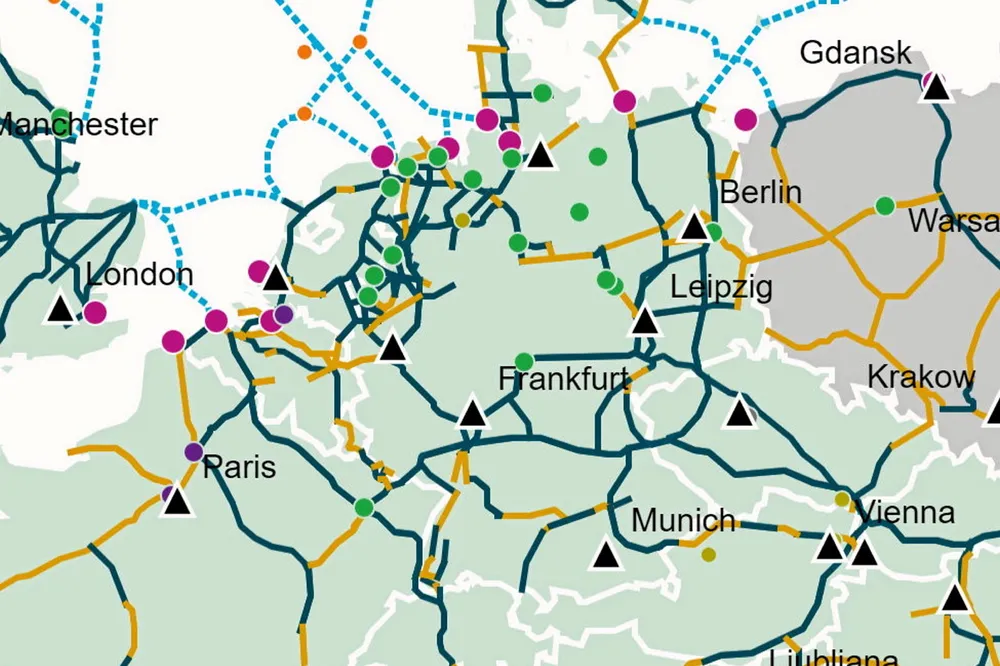German cabinet approves creation of a national core hydrogen pipeline network, to become law this year
The system will be targeted at energy-intensive industries and connect all regions of Germany, although exact routes have yet to be decided

The system will be targeted at energy-intensive industries and connect all regions of Germany, although exact routes have yet to be decided
